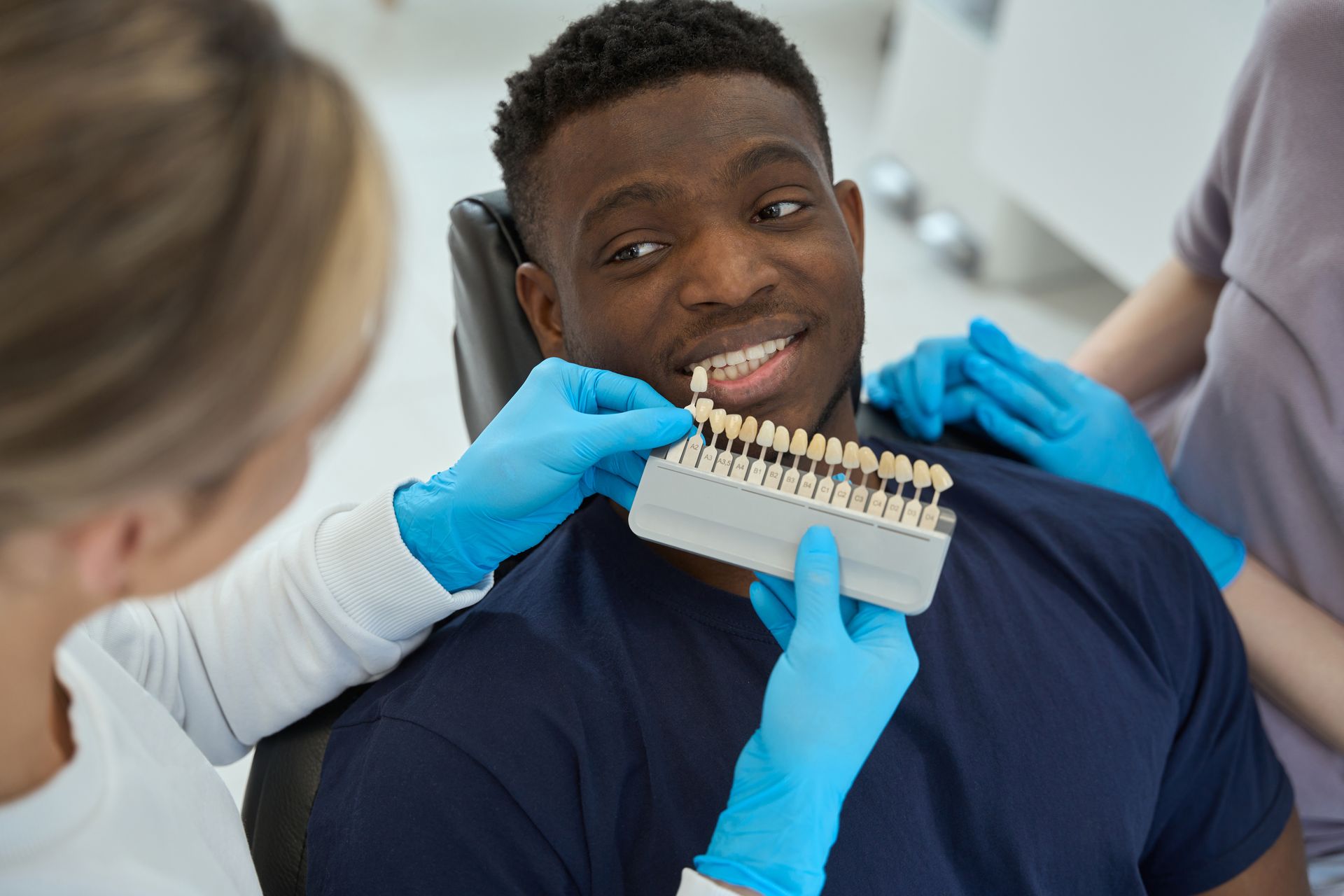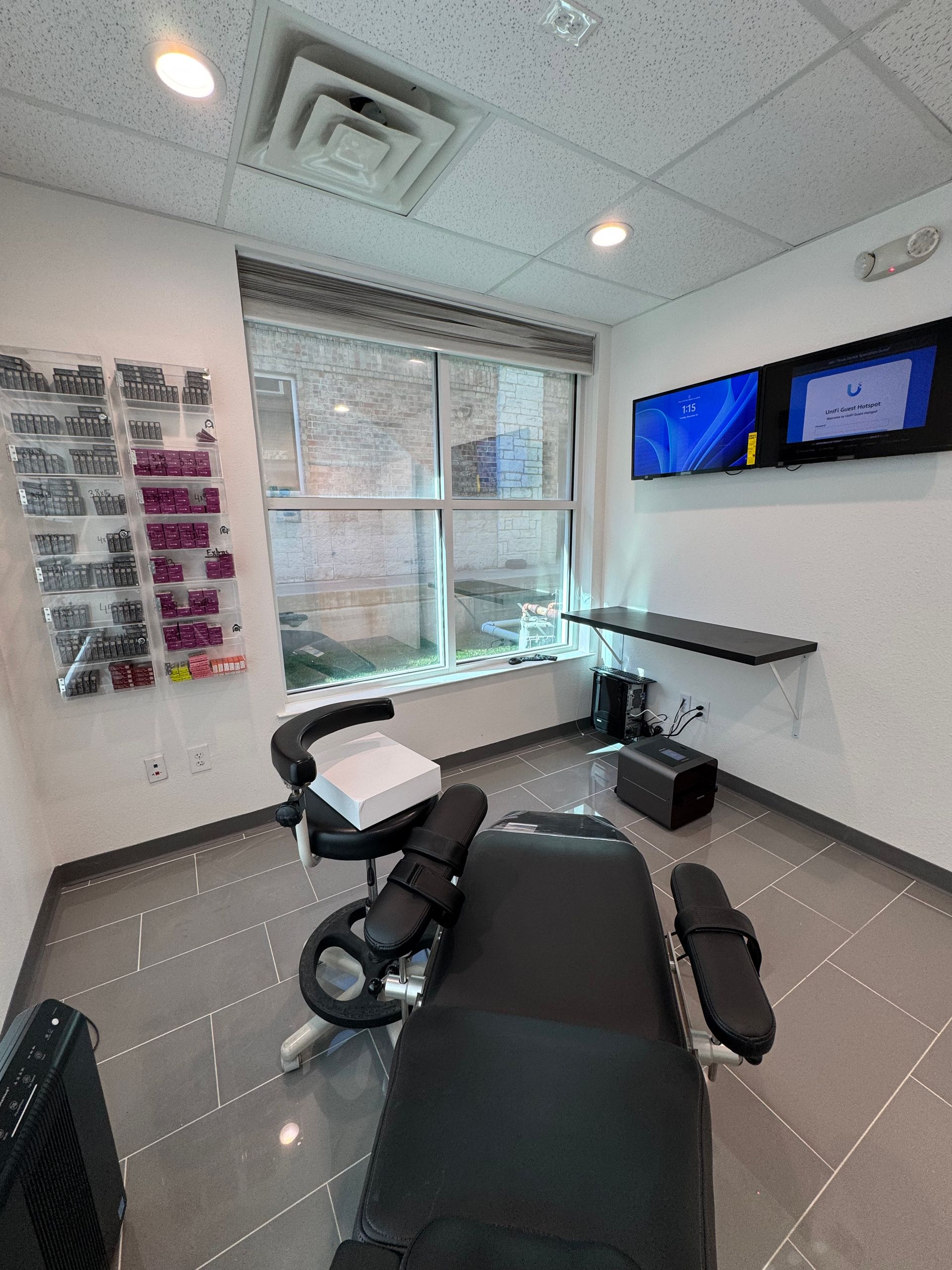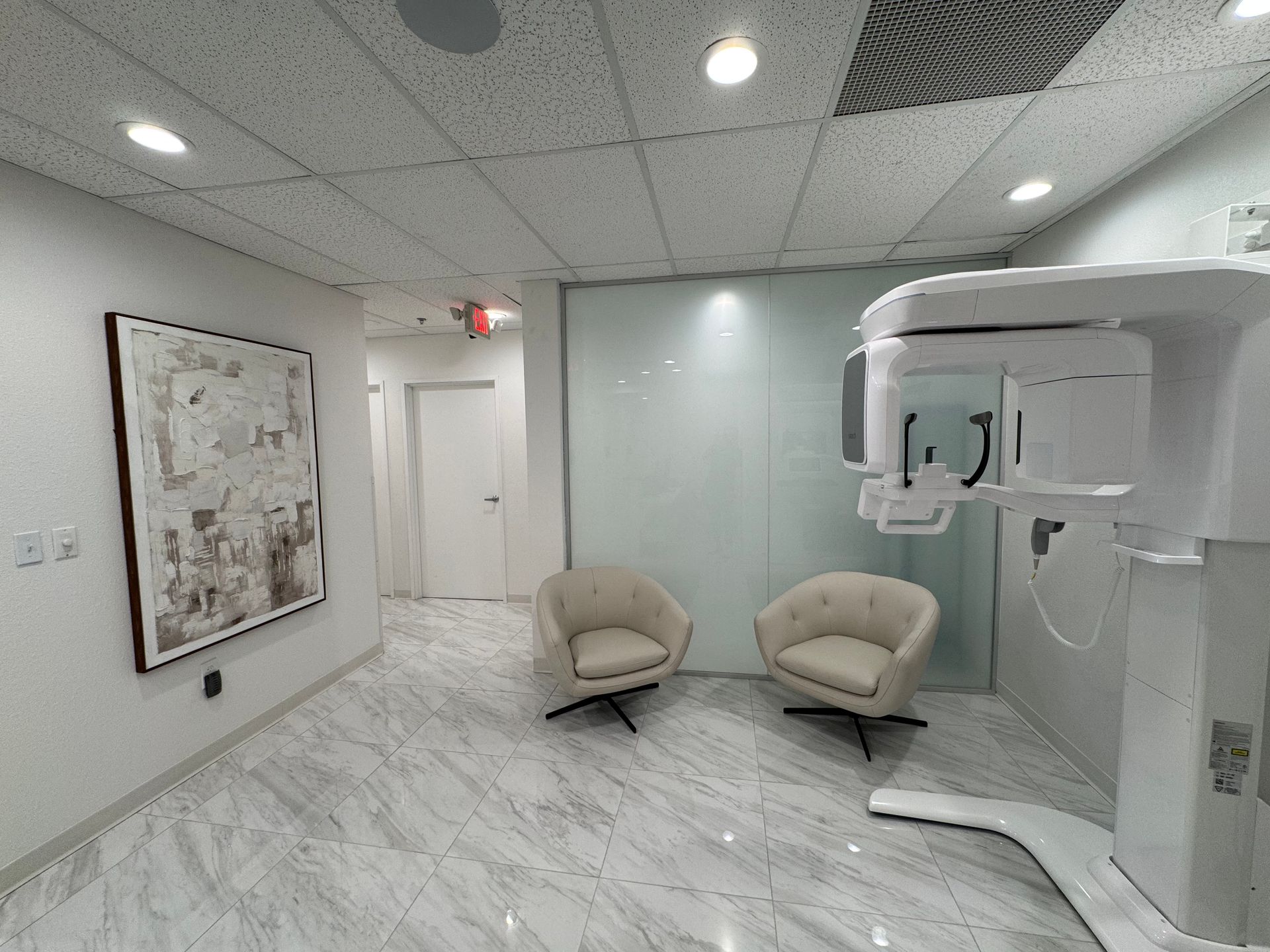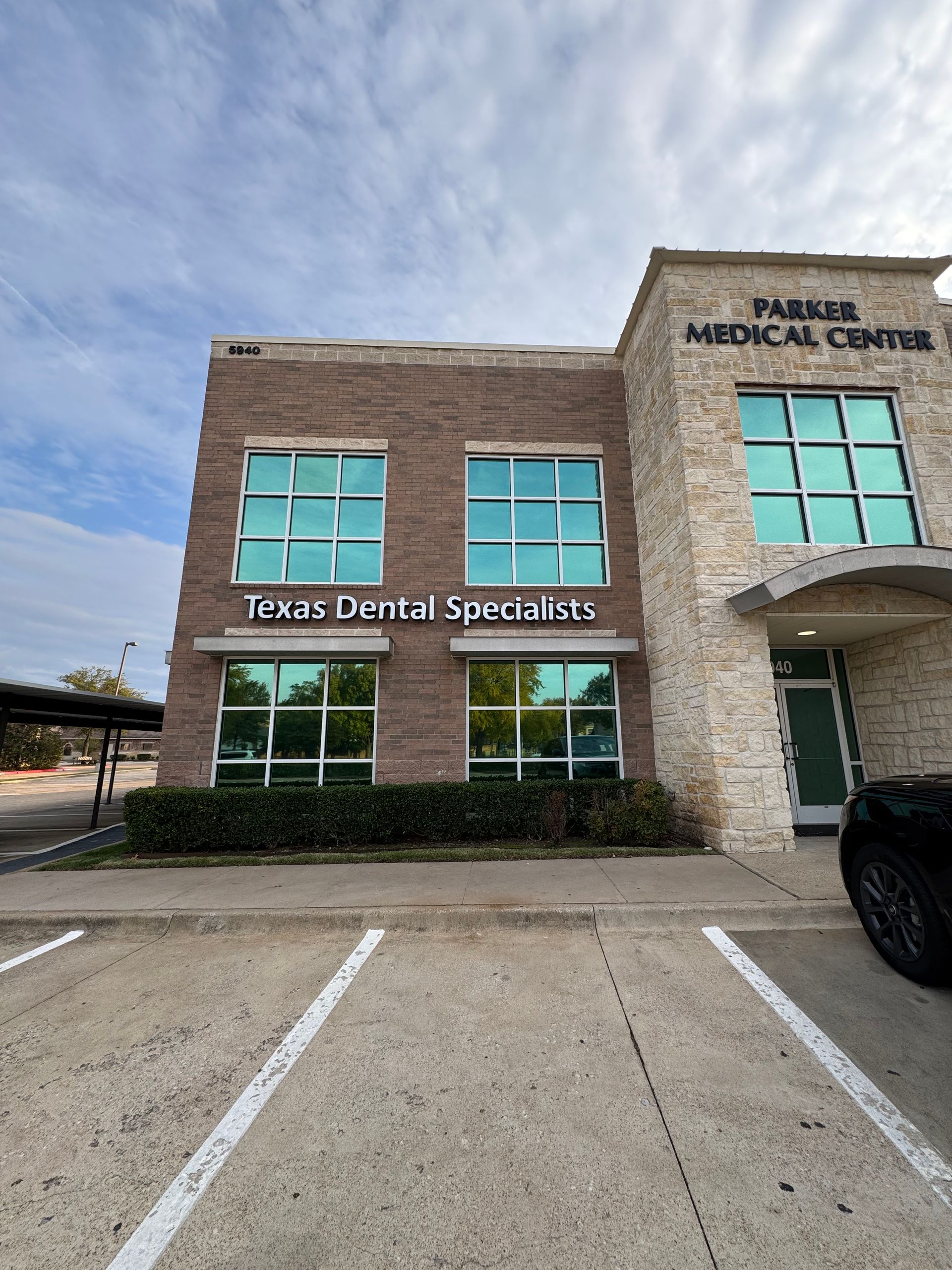Drinking Alcohol After a Dental Implant: The Do’s and Don’ts
If you’ve just had dental implant surgery or are planning the procedure, you might be wondering when it’s safe to enjoy a glass of wine or beer again. Dental implants represent a significant investment in your oral health, and the healing process is crucial for long-term success. Making the right decisions about alcohol consumption after dental implant surgery can significantly impact your healing process and the longevity of your implants.
Key Takeaways
- Wait at least 72 hours to 2 weeks before drinking alcohol after dental implant surgery
- Alcohol can delay healing, increase bleeding risk, and interfere with osseointegration process
- Individual factors like health status, medications, and procedure complexity affect safe drinking timelines
- Moderate alcohol consumption following CDC guidelines is safer for long-term implant success
- Always consult your dentist for personalized advice based on your specific situation
When Can You Drink Alcohol After Dental Implant Surgery?
Most dental professionals recommend waiting 72 hours to 2 weeks after implant placement before consuming any alcohol. This timeframe isn’t arbitrary—it corresponds to critical phases in the initial healing process when your body is working to form stable blood clots and begin tissue repair.
The exact waiting period depends on several factors:
- Simple single implant procedures: May allow moderate alcohol consumption after 7-14 days if healing progresses normally
- Multiple implant placements: Typically require longer abstinence periods (2+ weeks)
- Bone grafting procedures: Require significantly longer abstinence periods of 3-6 months due to the elevated risk of avascular necrosis
- All-on-4 or full-arch implants: Generally warrant longer abstention due to surgical complexity
A critical rule regardless of your procedure: wait until you complete all prescribed antibiotics and pain medications before drinking any alcohol. The interaction between alcohol and these medications can cause serious side effects and impair healing.
“The initial 72 hours after dental implant surgery represents the most critical window for blood clot formation and early healing. Consuming alcohol during this time significantly increases complication risks.” - Most dentists agree on this fundamental guideline.
How Alcohol Affects Dental Implant Healing
Alcohol consumption affects your body’s healing processes in multiple ways that can directly impact the success of your dental implant:
Blood Vessel Effects and Clotting
Alcohol acts as a vasodilator, meaning it dilate blood vessels and thins your blood. This effect:
- Disrupts blood clot formation at the surgical site
- Increases bleeding risk during initial healing
- May lead to dry socket development, a painful complication
Dehydration and Infection Risk
Drinking alcohol causes dehydration, which leads to:
- Reduced saliva production
- Dry mouth conditions favorable for bacterial growth
- Increased risk of infection at the implant site
- Compromised immune response to potential pathogens
Impact on Osseointegration Process
The osseointegration process—where your titanium post fuses with your jawbone—is the foundation of implant stability. Alcohol weakens this critical process by:
- Reducing blood flow that delivers essential nutrients to healing tissues
- Decreasing protein production necessary for tissue regeneration
- Potentially leading to avascular necrosis (bone death) in severe cases
- Slowing the integration between implant and bone cells
Factors That Influence Safe Alcohol Consumption Timing
Several factors affect how soon you can safely consume alcohol after dental implant surgery:
Procedure Complexity
- Number of implants placed: More implants mean more extensive surgery and longer healing times
- Surgical techniques used: Some approaches require more conservative post-operative care
- Location of implants: Front versus rear implant locations heal differently
Additional Procedures
- Bone grafting: If you’ve had bone grafting alongside implant placement, alcohol abstinence for 3-6 months is typically recommended to prevent complications
- Sinus lifts: These procedures require careful post-operative care and longer abstention periods
- Tissue augmentation: Additional soft tissue procedures require proper healing before alcohol introduction
Medical Considerations
Pre-existing conditions play a vital role in determining safe drinking timelines:
- Diabetes: Can slow healing processes and increase infection risks
- Autoimmune disorders: May compromise the body’s ability to heal efficiently
- History of slow healing: Past surgical recovery patterns often predict current healing capacity
- Age: Older adults typically experience slower healing rates
Medication Factors
Alcohol interacts with many prescribed medications:
| Medication Type | Potential Interaction with Alcohol | Recommendation |
|---|---|---|
| Antibiotics | Reduced effectiveness, increased side effects | No alcohol until course completed |
| Pain medication | Dangerous enhancement of sedative effects | No alcohol while taking |
| Anti-inflammatory drugs | Increased bleeding risk, stomach irritation | Avoid alcohol during use |
Risks of Drinking Alcohol Too Soon After Implants
Consuming alcohol too soon after dental implant surgery can lead to both immediate complications and long-term risks
Short-Term Complications
1. Increased bleeding and blood clot disruption
- Alcohol thins blood and can dislodge forming clots
- Can cause persistent bleeding requiring additional treatment
2. Higher infection risk
- Weakened immune response due to alcohol consumption
- Increased bacterial growth in the surgical site
3. Delayed wound healing
- Slower tissue regeneration around the implant site
- Prolonged pain and swelling
4. Medication interactions
- Reduced effectiveness of antibiotics
- Dangerous enhancement of pain medication effects
Long-Term Effects of Excessive Alcohol Consumption
Even after initial healing, excessive drinking presents ongoing risks:
- Progressive jawbone loss threatening implant stability
- Increased risk of peri-implantitis (inflammation around implants)
- Compromised immune system affecting oral health maintenance
- Potential implant failure requiring removal and replacement
Research shows that heavy drinking significantly increases complication rates. Patients with alcohol abuse history experience up to 2-3 times higher implant failure rates compared to non-drinkers or moderate drinkers.
Safe Drinking Guidelines After Dental Implant Recovery
Once your dental implant healing period is complete, follow these guidelines to maintain good oral hygiene and support long-term implant success:
Moderate Consumption Recommendations
- Follow CDC moderate drinking guidelines: 1 drink per day for women, 2 for men
- Allow recovery days between drinking sessions
- Stay hydrated by drinking plenty of water before, during, and after alcohol consumption
- Always maintain good oral hygiene practices, especially after consuming alcohol
Recommended Alcohol Types
Some alcoholic beverages are less problematic than others for dental implant patients:
- Lower-acid options: Light wines with lower acidity levels
- Clear spirits: Vodka or gin with non-acidic mixers
- Avoid: High-sugar cocktails, carbonated alcoholic beverages, very acidic wines
Alternative Beverages During Recovery
During your healing period, consider these festive alternatives:
- Sparkling water with fresh fruit juice
- Non-alcoholic beer and wine alternatives
- Herbal teas and flavored water
- Creative mocktails using fresh ingredients
- Kombucha (after initial healing phase)
Signs You Should Avoid Alcohol Completely
Even after the recommended waiting period, watch for these warning signs that indicate you should continue avoiding alcohol:
- Persistent pain or swelling at the implant site
- Signs of infection including fever or discharge
- Ongoing bleeding or difficulty with blood clot formation
- Implant mobility or discomfort when pressure is applied
- Taking antibiotics or pain medications
- Delayed healing compared to expected timeline
If you experience any of these symptoms,
contact your dental office immediately for assessment.
Frequently Asked Questions
Can I have one drink 24 hours after implant surgery?
No, drinking alcohol within 24 hours after dental implant surgery is unanimously discouraged by dental professionals. Alcohol interferes with initial blood clot formation and healing process, potentially leading to implant failure. Wait at least 72 hours, though most dentists recommend longer periods.
How long after bone grafting can I drink alcohol?
Wait 3-6 months after bone grafting procedures before consuming alcohol. Bone grafting materials require extensive healing time, and alcohol consumption can damage grafting materials by impairing blood vessel formation essential for graft integration.
Does wine affect implants differently than beer?
Wine, particularly red wine, may cause more irritation to oral tissues than beer due to its higher acidity, though all alcohol should be avoided during initial healing. Wine’s tannins and acids can irritate healing tissues, while beer’s carbonation may disrupt the surgical site.
Can I drink if I’m only taking over-the-counter pain relievers?
Avoid alcohol while taking any pain medications—whether prescription or over-the-counter. The combination can increase side effects, reduce medication effectiveness, and potentially harm your liver. Wait until you no longer need pain relief before consuming alcohol.
What happens if I accidentally drink alcohol too soon?
If you accidentally consumed alcohol too soon after implant surgery, contact your dentist immediately and monitor for increased bleeding, pain, or swelling. Drink plenty of water to stay hydrated and follow your regular post-operative care instructions with extra diligence.
Is it safe to drink alcohol with All-on-4 implants?
Follow the same general guidelines but expect a longer abstinence period due to procedure complexity. All-on-4 implants involve multiple implant placements and often additional procedures, requiring more conservative management during recovery.
Can moderate drinking affect long-term implant success?
Moderate alcohol consumption following CDC guidelines is generally safe for established implants in healthy individuals. However, maintaining good oral hygiene is essential, as even moderate drinking can contribute to dry mouth and increase bacterial growth if oral care is neglected.
Navigating Alcohol Consumption After Dental Implant Healing
Dental implant surgery provides a permanent solution for missing teeth, but proper post-operative care plays a vital role in ensuring long-term success. While the immediate healing period requires strict alcohol abstinence, you can eventually return to responsible alcohol consumption after complete healing.
Remember that every patient’s situation is unique. Factors affecting alcohol consumption after dental implant procedures include your overall health, the complexity of your procedure, medications, and individual healing response. Always follow your dentist’s specific post operative care instructions, as they know your case best.
The most crucial period for dental implant healing is the first few weeks when the initial osseointegration process begins. Making healthy habits a priority during this time—including limiting alcohol intake—gives your dental implant the best chance for successful integration and long-lasting function.
If you’re unsure about when it’s safe to resume alcohol consumption after your specific dental implant procedure, seek professional advice from your dentist. They can provide personalized guidance based on your healing progress and individual health factors.









